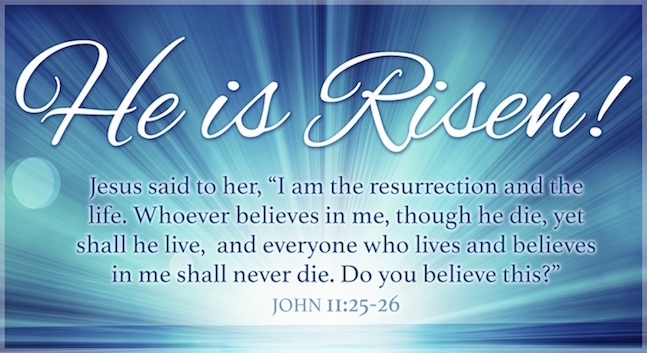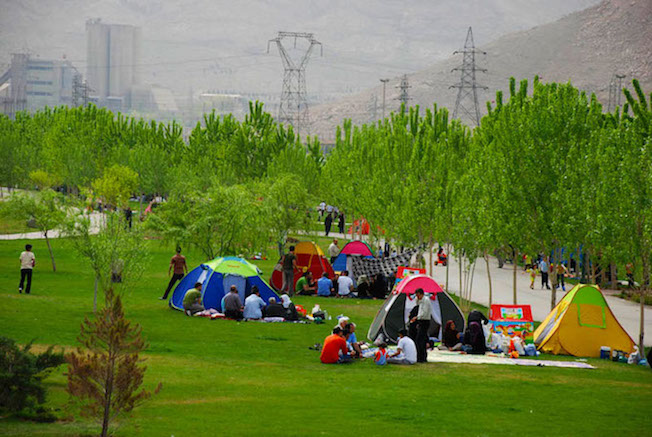

















-1.jpg)
Housing was the dominant issue in today’s provincial budget.
The government released a 30-point housing strategy aimed at reducing housing demand, curbing tax fraud, building affordable housing, and increasing security for renters.
New tax measures include increasing property taxes and property transfer taxes on residential properties valued above $3 million, expanding the foreign buyer tax, and implementing a housing speculation tax.
“We welcome the provincial government’s commitment to address money laundering concerns and increase the supply of affordable, social, and rental housing in our province,” Jill Oudil, Board president said. “We’re concerned, however, about the series of tax measures announced today. The budget introduces new taxes, hints at future taxes, and hikes existing taxes on housing. Taxes don’t make homes more affordable.”
Below is a summary of the key real estate measures announced today. There’s considerable information to go through. We’re analyzing each item to understand the implications to you and your clients and will report back with more information and analysis in future communications.
Effective Feb. 21, 2018, the Property Transfer Tax on residential properties above $3 million will increase to five per cent from three per cent.
Beginning in 2019, the provincial school tax will increase on most residential properties in excess of $3 million.
The province will require developers to collect and report comprehensive information about the assignment of pre-sale condo purchases. The information will be reported to a designated government office and shared with federal and provincial tax authorities to ensure taxes are paid.
Online accommodation platforms are enabled to collect and remit the Provincial Sales Tax and Municipal and Regional District Tax (Hotel Room Tax).
As part of the Agricultural Land Reserve (ALR) review, the province is examining residential land in the ALR to ensure land is used for farming.
The province plans to enable tax administrators to compel access to information relevant to property transfers, such as information held in a MLS® database. (We’re asking government for clarification.)
The province will require additional information about beneficial ownership on the PTT form.
Administered by the LTSA, the information will be publicly available and shared with federal and provincial tax and law enforcement authorities. Legislation will be introduced to require BC corporations to hold accurate and up to date information on beneficial owners in their own record offices available to law enforcement, tax and other authorities.
The province will work with the federal government to formalize a multi-agency working group on tax evasion, money laundering and housing.
Increased funding to the Residential Tenancy Branch to reduce wait time, improve service and deal with disputes more quickly, as well as strengthening the Residential Tenancy Act and the penalties for those who repeatedly break the law.
Read the Homes for BC 30-point plan for housing affordability
Read the Budget press release
Read the Fiscal Plan (opens a 157-page pdf)
Read the Budget 2018 Speech
